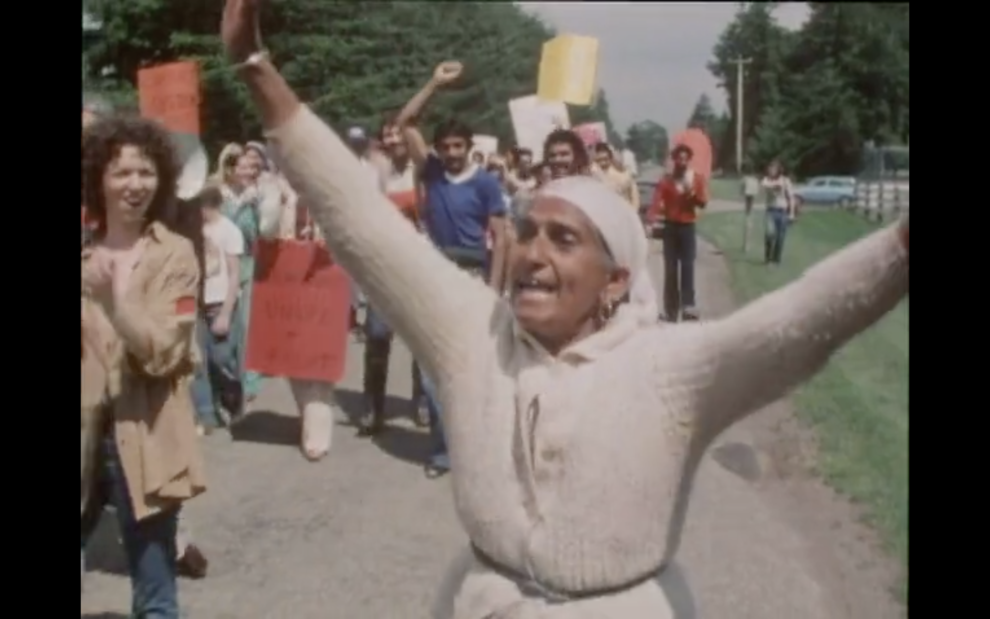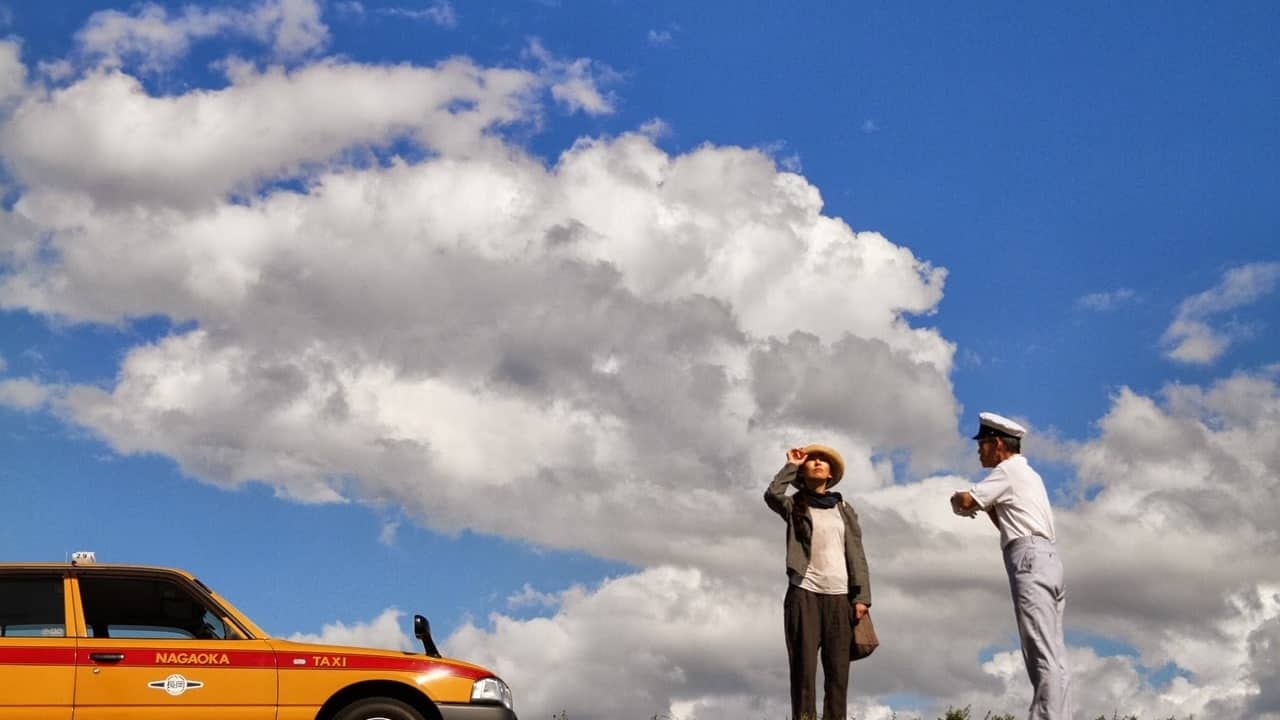“A Time to Rise” is a mid-length documentary by Anand Patwardhan and Jim Monro about the trials of East Indian farm workers in Canada who try to unionize. The documentary has won the Grand Prize at the Tyneside International Festival and the Silver Dove at the Leizpig International Film Festival. Like many of Patwardhan's films, it has been a subject to censorship.
A Time to Rise is Screening on Prismatic Ground

The documentary follows the establishment of the Canadian Farmhand Union in 1980. Consisting of predominantly East Indian berry and mushroom-picking laborers, who make up 80% of all farmhand in British Columbia, the union fights for bettering the deplorable conditions in which its members work. Though they are being ignored by the Canadian government or stopped by the farm owners at every turn, the members of the union continue to trudge forward, hoping that one day they will change the conditions of life and work of the farm workers in Canada.

Receiving sub-minimum wages and suffering from a constant fear of not being chosen the next day, the East Indian immigrants live a life no human being should. They are constantly mistreated by the farm owners both in the ways their hard work is not properly appreciated and remunerated, but also for the lack of toilet breaks, running water in the barracks where the workers live or a daycare for the children. In that, the movie shows rather poignantly how capitalism flourishes on the backs of the abused, both four decades ago and now. One cannot but also think of the similarities between these dehumanized elderly people and the current workers at Amazon, who too, are constantly monitored and forced to do dehumanizing things.
Many a time, the words of an Indian worker are contrasted with the lies of the farm owners. A case in point is a brief interview with an owner of a berry farm who does nothing but spew lies about the working conditions on his establishment. Saying that most of the workers are children who enjoy their work and don't even want to make a union or better conditions early in the interview, speaks either of his refusal to face the reality of his actions or the fact that he is not afraid to lie on camera because he is sure that nothing will change. Judging by his smug expression, the latter seems to be more likely.
The ways the owners speak about and act towards the foreign workers show the innate racism of the liberal capitalism and the fact that though technically the age of colonialism is over, its unequal power dynamics have continued. We see this not only in the ways the owners ignore or later on, try to bully the union and its members into submission, but also in the ways the Canadian government virtually turns a blind eye on the plight of the farmers who work for wages based on the weight of the picked produce and towards the end of each season are forced to toil more but receive much less.
“A Time to Rise” isn't a documentary about the fight between the farmers and the owners, however. There is a third, equally important group to be found here – the foremen, whose job is to find and control the daily workers and in exchange, receive one-third of their wage. Of the same cultural background as the farmhand, they act as middlemen between the owners and the lowly and disposable workers, so the white people won't have to sully themselves speaking with the workers, as it were. Inhabiting the ambiguous position between the union and the workers on one side and the farm owners on the other, the middlemen have the most to lose because a strong union would render them jobless. Thus, instead of helping their countrymen, they go behind their backs and try to sign even better deals with the farm owners. And yet, neither the farm workers nor the union as a whole is vehement towards them, showing their humanity and dignity. The same, though, can't be said for the farm owners who seem to be dismissive of the foremen and hateful of the workers.
With its humane depiction of the East Indian farm workers in Canada and critical commentary on the dehumanizing effects of capitalism, “A Time to Rise” is a worthy watch not only for fans of documentary cinema, but everyone interested in the problems of capitalism.















